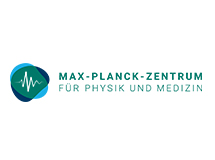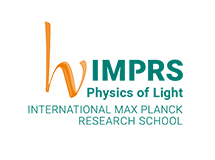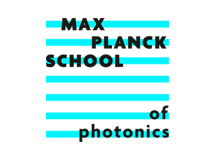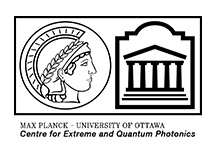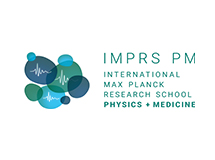Max Planck School of Photonics starts up
The selection and admission process for the first round of applications of the Max Planck Schools has been completed. First students start at the Max Planck Schools.
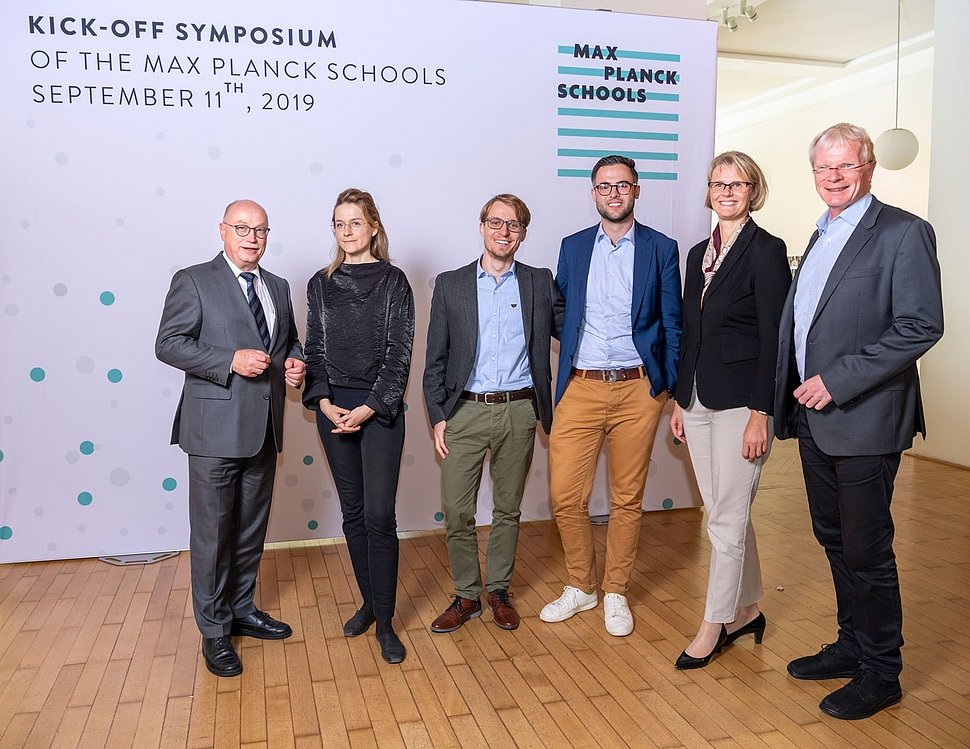
Hundreds of applications were received in the first call for applications. After a multi-stage selection process, which varied from School to School, 73 early career researchers from 16 countries are now starting their doctorate at the Max Planck Schools. There are three Max Planck Schools so far: The Max Planck School of Cognition, the Max Planck School of Photonics and the Max Planck School Matter to Life.
There was great interest in the Max Planck School of Photonics from the Asian region: 42 percent of the applications were handed-in by Asian students. Among the heads of the Max School of Photonics are three of the directors of the Max Planck Institute for the Science of Light and several other scientists from Erlangen.
Meeting of students and heads of Max Planck Schools
To mark the start of the first students’ cohort and to officially welcome them, the Max Planck Society and the German Rectors' Conference invited all students, representatives of partner organizations and supporters to a Symposium at the Harnack House on September 11th. Also present were Federal Research Minister Anja Karliczek, Max Planck President Martin Stratmann and the President of the German Rectors' Conference Peter-André Alt.
Together with Ferdi Schüth, vice president of the Max Planck Society and driving force behind the project, three students discussed what science means to them and what social challenges they are motivated by. Nobel Laureate and Fellow of the Max Planck School Matter to Life and Photonics, Stefan Hell, gave a clear message to the students at the opening ceremony: "Stay grounded and reach for the stars!"
The selected doctoral candidates themselves made it clear why they applied to the Max Planck Schools: "For me, good equipment, a strong scientific network and the combination of theory and experiment were important," said Karl Michael Ziems, who is starting his doctorate at the Max Planck School of Photonics. In the USA or Great Britain, excellent research institutions are often concentrated in one city or one location. The idea of bundling the excellence distributed in Germany would achieve precisely this concentration.
Max Planck School of Photonics
As different as the topics of the Schools are, as different are the qualification paths, which ultimately all lead to the doctorate. Interested students at the Max Planck School of Photonics can choose between two tracks depending on their pre-qualification: a five-year direct track with integrated Master's degree or a three-year PhD track. The following applies to all candidates: When they are admitted to a Max Planck School, they receive financial support of up to five years - depending on the path they follow.
Combining distributed research excellence under one roof is the basic idea behind the Max Planck Schools, which were founded in 2017 by Federal Research Minister Johanna Wanka, Martin Stratmann and Horst Hippler, President of the German Rectors' Conference. In the mean time, 27 universities and more than 30 institutes of non-university research institutions are participating in the initiative. The main partners, who thus play a prominent role in the initiative, are the Friedrich Alexander University Erlangen-Nuremberg, the Friedrich Schiller University Jena, the Georg August University Göttingen, the Humboldt University Berlin, the Karlsruhe Institute of Technology, the Technical University Munich as well as the universities of Düsseldorf, Heidelberg and Leipzig, the DWI Aachen, the Fraunhofer Society and the Max Planck Society. The Federal Ministry of Education and Research is funding the initiative with 45 million euros.
Contact
Edda Fischer
Head of Communication and Marketing
Phone: +49 (0)9131 7133 805
MPLpresse@mpl.mpg.de

